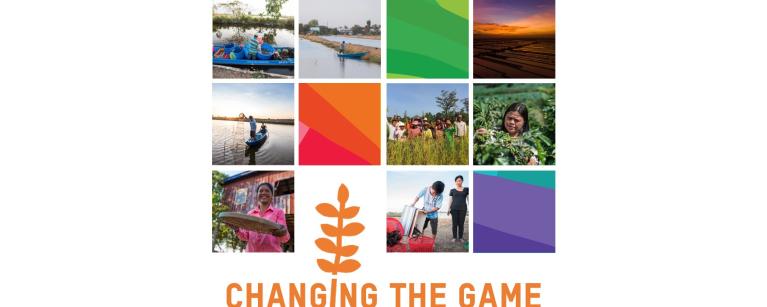Across Southeast Asia, agriculture continues to define levels of development, as well as the quality of life of poor and vulnerable people. An estimated 100 million smallholder farmers reside in Southeast Asia, while the sector employs 40% of the region’s workforce. The region produces 30% of the world's rice harvest and 17% of global fisheries production. Imagine, then, a sector that generates billions of dollars and, yet, keeps its key workforce — millions of women and men smallholder farmers — in widespread poverty. The region is also highly vulnerable to climate risks, while women, who only account for 13% of land title holders or spend as much as 14 hours a day on unpaid care and domestic work, remain particularly vulnerable. These are problems at scale that require solutions at scale, and finding solutions at scale has been the focus of the Gender Transformative and Responsible Agribusiness Investments in Southeast Asia (GRAISEA) program. Supported by the Embassy of Sweden in Bangkok, GRAISEA is a regional program aimed at improving the livelihoods of small-scale women and men producers by acting as a catalyst for the emergence of inclusive value chains and responsible business practices that respect human rights and drive women’s economic empowerment and climate resilience.
This document aims to provide some examples of how GRAISEA 2 (2018‒ 2023) was able to impact agricultural markets, as well as support and empower vulnerable farmers and workers at scale.
